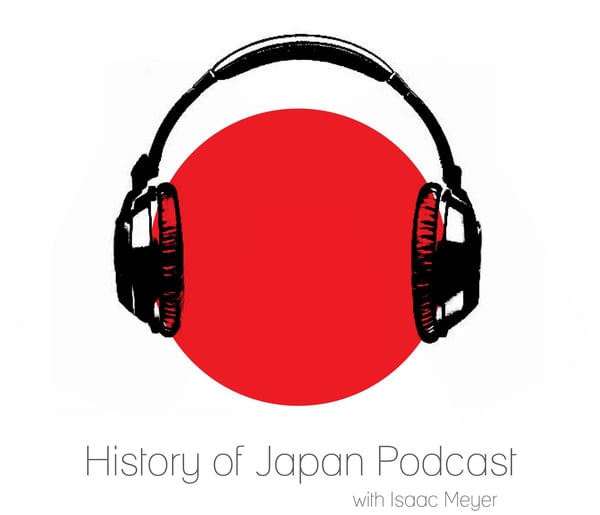Episode 419 - A Tale as Old as Time
History of Japan
Isaac Meyer
4.8 • 744 Ratings
🗓️ 31 December 2021
⏱️ 36 minutes
🧾️ Download transcript
Summary
For our final episode of 2021, we're looking at the origin of one of Japan's most famous pieces of literature: the war epic known as the Heike Monogatari, or Tale of Heike. How did a story about a single conflict in Japanese history become one of the best known chronicles in the entirety of Japan's history, and what did the story tap into to attain that status?
Show notes here.
Transcript
Click on a timestamp to play from that location
| 0:00.0 | This week's episode is brought to you by Audible. |
| 0:03.7 | Audible has over 425,000 titles to choose from, all compatible with iPhone, Android, Kindle, or your MP3 player of choice. |
| 0:13.8 | For listeners of the show, Audible is offering a free 30-day trial membership, complete with credit for a free audiobook of your choice. |
| 0:22.4 | You can cancel any time and keep the free book or keep going with one of Audible subscription offers. Go to audibletrial.com |
| 0:28.5 | slash Japan to claim your offer. This week I'm going to recommend Imperial Twilight, the Opium |
| 0:34.7 | War and the End of China's Last Golden Age, by Stephen R. Platt. |
| 0:39.2 | I've already recommended Platt's excellent book on the Taiping Rebellion on this podcast before, |
| 0:44.9 | and this is more of the same quality but highly accessible scholarship. |
| 0:50.0 | Unfortunately, Platt's first book is not, so far as I can see, still in print, but if you want to catch up on his most recent work, this is a great way to do so. |
| 0:59.3 | Go to audible trial.com slash Japan to claim your copy. Hello and welcome to the History of Japan podcast. |
| 1:20.6 | Episode 419, A Tale is Old as Time. |
| 1:26.5 | Guion's Sōja kane of the voice, |
| 1:28.3 | shogio-mur-murro no hiviky, |
| 1:30.3 | Sara-soujunae's-o-o-o-o-o- Tatechimono, Hōry-Ni-Ni-Lew-N-Eye, |
| 1:46.0 | the sound of the Gion-Show-Jewsha bells |
| 1:52.0 | echoes the impermanence of all things. |
| 1:55.0 | The color of the Sala flower reveals the truth that the prosperous must decline. |
| 2:00.0 | The proud do not endure. They are like a dream |
| 2:02.8 | on a spring night. The mighty fall at last. They are as dust before the wind. I think it is fair to say |
| 2:10.7 | that those lines are among the most famous, maybe even the most famous, in Japan's entire literary |
| 2:16.9 | history. |
| 2:18.3 | They are, if you are wondering, the opening words of the Heike Monogatari, |
... |
Please login to see the full transcript.
Disclaimer: The podcast and artwork embedded on this page are from Isaac Meyer, and are the property of its owner and not affiliated with or endorsed by Tapesearch.
Generated transcripts are the property of Isaac Meyer and are distributed freely under the Fair Use doctrine. Transcripts generated by Tapesearch are not guaranteed to be accurate.
Copyright © Tapesearch 2025.

